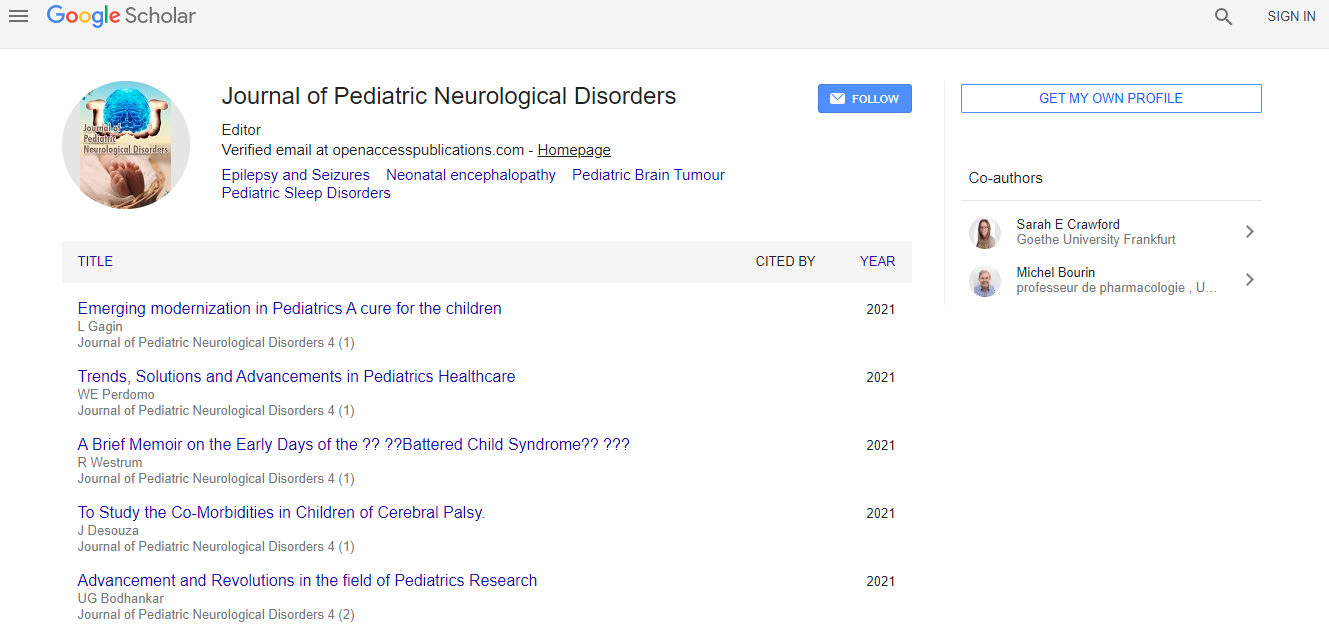Review Article
A Novel SCN9A Gene Mutation in a Patient with Carbamazepine-ResistantParoxysmal Extreme Pain Disorder
Sablonnière B1*, Huin V1, Cuvellier J2, Genet A1, Dhaenens C1 and Vallee L2
1Lille University of Science and Technology, UMR-S 1172, JPArc, Centre de Recherches Jean-Pierre Aubert and CHU Lille, UF Neurobiologie, F-59000, Lille, France
2Centre Hospitalier Régional Universitaire de Lille, Service de Neuropediatrie, Univ-Lille, F-59000, Lille, France
- *Corresponding Author:
- Sablonniere B
Lille University of Science and Technology, UMR-S 1172
JPArc, Centre de Recherches Jean-Pierre Aubert and CHU Lille
UF Neurobiologie, F-59000, Lille, France
Tel: 00 33 611025652
E-mail: bernard.sablonniere@inserm.fr
Received date: November 18, 2015, Accepted date: December 8, 2015, Published date: December 16, 2015
Citation: Sablonnière B, Huin V, Cuvellier J, Genet A, Dhaenens C, et al. (2015) A Novel SCN9A Gene Mutation in a Patient with Carbamazepine-Resistant Paroxysmal Extreme Pain Disorder. J Pediatr Neurol Disord 1:104. doi: 10.4172/2572-5203.1000104
Copyright: © 2015 Sablonniere B, et al. This is an open-access article distributed under the terms of the Creative Commons Attribution License, which permits unrestricted use, distribution, and reproduction in any medium, provided the original author and source are credited.
Abstract
Paroxysmal extreme pain disorder is an autosomal dominant disorder caused by mutation of the SCN9A gene. In most cases, the pain is relieved by carbamazepine. We report on a novel SCN9A mutation associated with carbamazepine-resistant. The proband was a 7-month-old child who suffered from typical attacks from birth onwards. Sequencing of SCN9A revealed a heterozygous c.4880T>G substitution. Identification of this novel mutation and characterization of the associated carbamazepine-resistant phenotype may facilitate diagnosis and drug development.

 Spanish
Spanish  Chinese
Chinese  Russian
Russian  German
German  French
French  Japanese
Japanese  Portuguese
Portuguese  Hindi
Hindi 